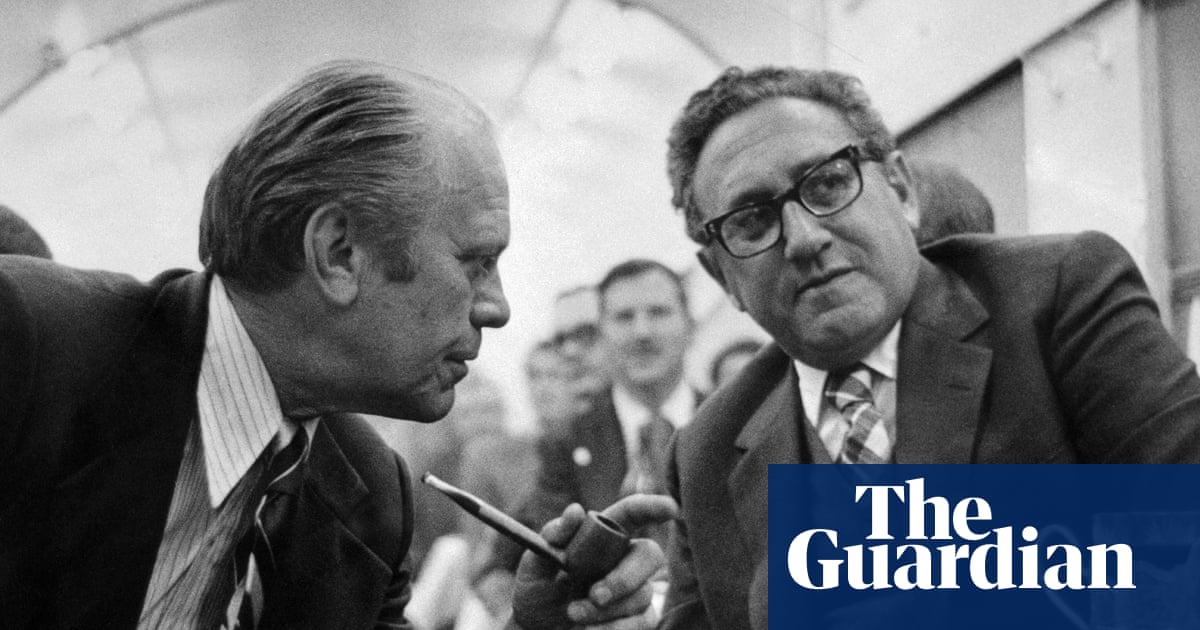The White House under Gerald Ford tried to block a landmark Senate report that disclosed the CIA’s role in assassination attempts against foreign leaders and ultimately led to a radical overhaul in how the agency was held to account, documents released to mark the 50th anniversary of the report’s publication reveal.
The documents, dating from 1975, were posted on Thursday by the National Security Archive, an independent research group, as it sought to highlight the report’s significance amid conjecture that Donald Trump may have authorized the agency to assassinate Venezuela’s president, Nicolás Maduro, amid a massive US military build-up against the country.
Peter Kornbluh, senior analyst with the National Security Archive, said highlighting the Church report’s historical significance had become more urgent in the context of the speculation surrounding Maduro, who the White House has accused of “narco-terrorism”.
“Fifty years after the scandal of the revelations of the Church committee report, we’ve come a long way in the wrong direction, where we have US presidents who now seem to feel they can openly discuss assassination plots against foreign leaders,” he said.
“We can’t have an honest and full discussion of the merits of assassinating the head of state of Venezuela without going back and reading the Church committee report. People have forgotten what a scandal this report generated, and the discussion of morality and US foreign policy it created.
The justice department’s office of legal counsel has reportedly been tasked with drafting an opinion that could render any assassination of Maduro legally justifiable, according to the New York Times.
The state department has announced it will declare the Cartel de los Soles, a shadowy cartel whose existence has been doubted by some drug experts but which the Trump administration insists Maduro heads, a terrorist organization as of 24 November.
That could pave the way for assassination strikes on a similar legal basis as applied to the strikes on al-Qaida leaders, including Osama bin Laden, during the post-9/11 “war on terror”, and on Qassem Suleimani, the senior commander of Iran’s Islamic Revolutionary Guard Corps, after the US designated the unit a terrorist group.
Kornbluh said the 9/11 attacks changed public perceptions on whether assassinations – at least of terrorists – were acceptable.
“If someone was designated a terrorist, they could then legitimately be taken out, and that is why you today see the Trump administration doing linguistic and legalistic somersaults,” he said.
Applying it to Venezuela would violate the principles established by Church and may ill-serve US foreign policy goals, Kornbluh warned.



why did you choose to interpret the tankie part as the pro-assassination part, and not the “paint him as a kind of Allende allegory”, which is clearly the aim with that statement.